
Don’t Make the Mistake of Storing These 3 Items in the Refrigerator
Don’t Make the Mistake of Storing These 3 Items in the Refrigerator – You’re Inviting Health Risks and Cancer
Many people unknowingly store these three common food items in the fridge, potentially compromising their health.

1. Onions
Experts explain that storing onions in a high-humidity environment like a refrigerator creates ideal conditions for mold growth. When exposed to excess moisture, onions are more likely to rot, sprout, or degrade in quality. Consuming onions in such conditions can lead to vomiting, diarrhea, and other adverse health effects.
To preserve their quality and prevent spoilage, it’s best to store onions in a dry, well-ventilated area. If you’ve already cut an onion and can’t use it all at once, you may refrigerate the leftover portion, but make sure to store it in an airtight container to avoid odors and maintain freshness. However, don’t leave them in the fridge for too long!
2. Garlic
Like onions, garlic should also not be stored in the refrigerator. It’s better kept in a dry, cool, and low-humidity environment, such as in baskets or mesh bags. When stored in the fridge, garlic is prone to sprouting quickly due to the high humidity, and it may lose its distinctive flavor.
Additionally, peeled or chopped garlic kept in the fridge can develop a bitter taste because of the cold, damp environment. To keep garlic fresh and flavorful, store whole bulbs in a dry place away from excessive moisture.
3. Potatoes
When potatoes are stored in the refrigerator at low temperatures, their starches convert to sugars, leading to an unnatural sweetness and changes in texture. The cold, humid conditions can also cause potatoes to sprout or rot faster.
Experts recommend storing potatoes in a cool, dark place with temperatures ranging from 7–10°C (45–50°F). An ideal spot could be a pantry or a storage basket in a dark corner. Avoid exposing potatoes to direct sunlight, as it accelerates sprouting.
News in the same category


6 plants that snakes are strongly attracted to, and 3 that naturally keep them away
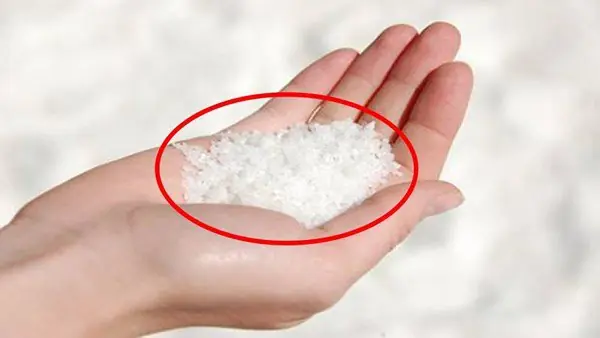
Sprinkling salt in door cracks: A simple habit with surprising meaning and practical benefits

Goodbye fleas, ants, and cockroaches with this home remedy

3 Easiest Ways to Get Rid of Mice in Your House
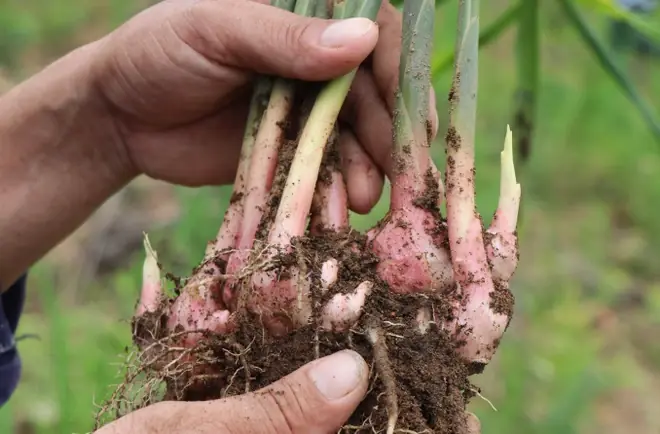
How to grow ginger at home easily and enjoy fresh ginger all year round

4 Types of Fish That Are Prone to Heavy Metal Contamination — Even Sellers Rarely Eat Them

Electrical devices to unplug during storms, thunder, and lightning

The Military Sleep Technique That Can Help You Fall Asleep in 2 Minutes

Why shouldn't you set the air conditioner to 26°C at night?
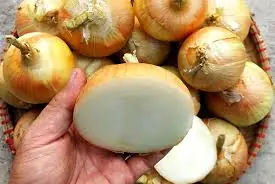
9 out of 10 people store onions incorrectly: Here's why you shouldn't keep them in the fridge

Smart travel tip: Why you should toss a water bottle under your hotel bed?

Don't throw away your yellowed white shirts - try this soaking method to make them bright and as good as new
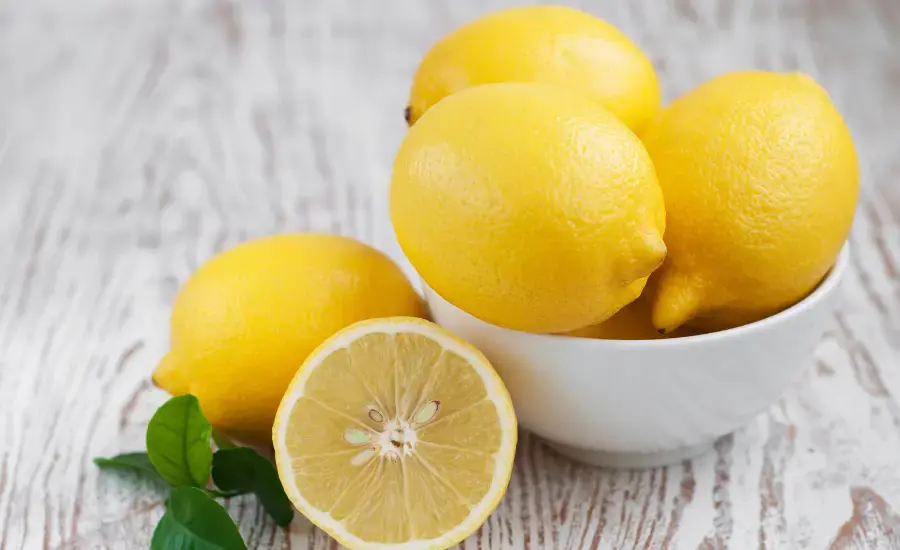
Easy lemon storage hacks that keep them fresh for a long time

Natural Pest Control: Using Diatomaceous Earth and Cloves Against Bed Bugs and More
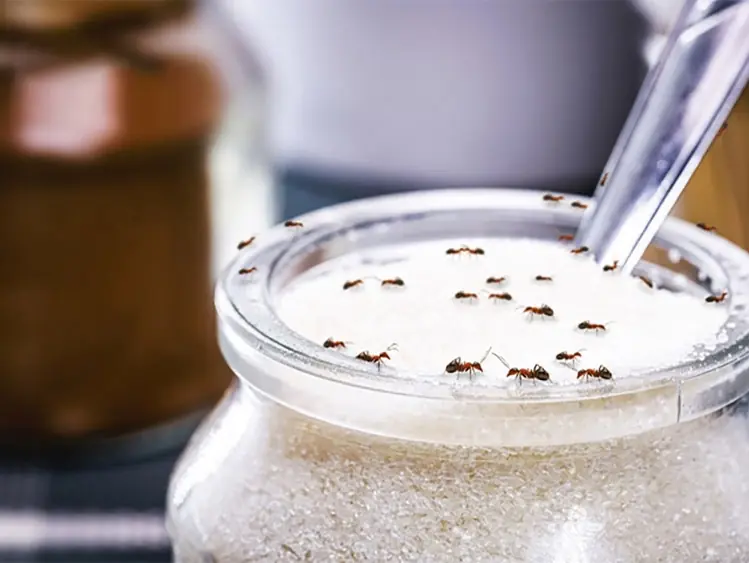
Tips to Quickly Get Ants Out of Sugar Jars and Keep Them Away for Good
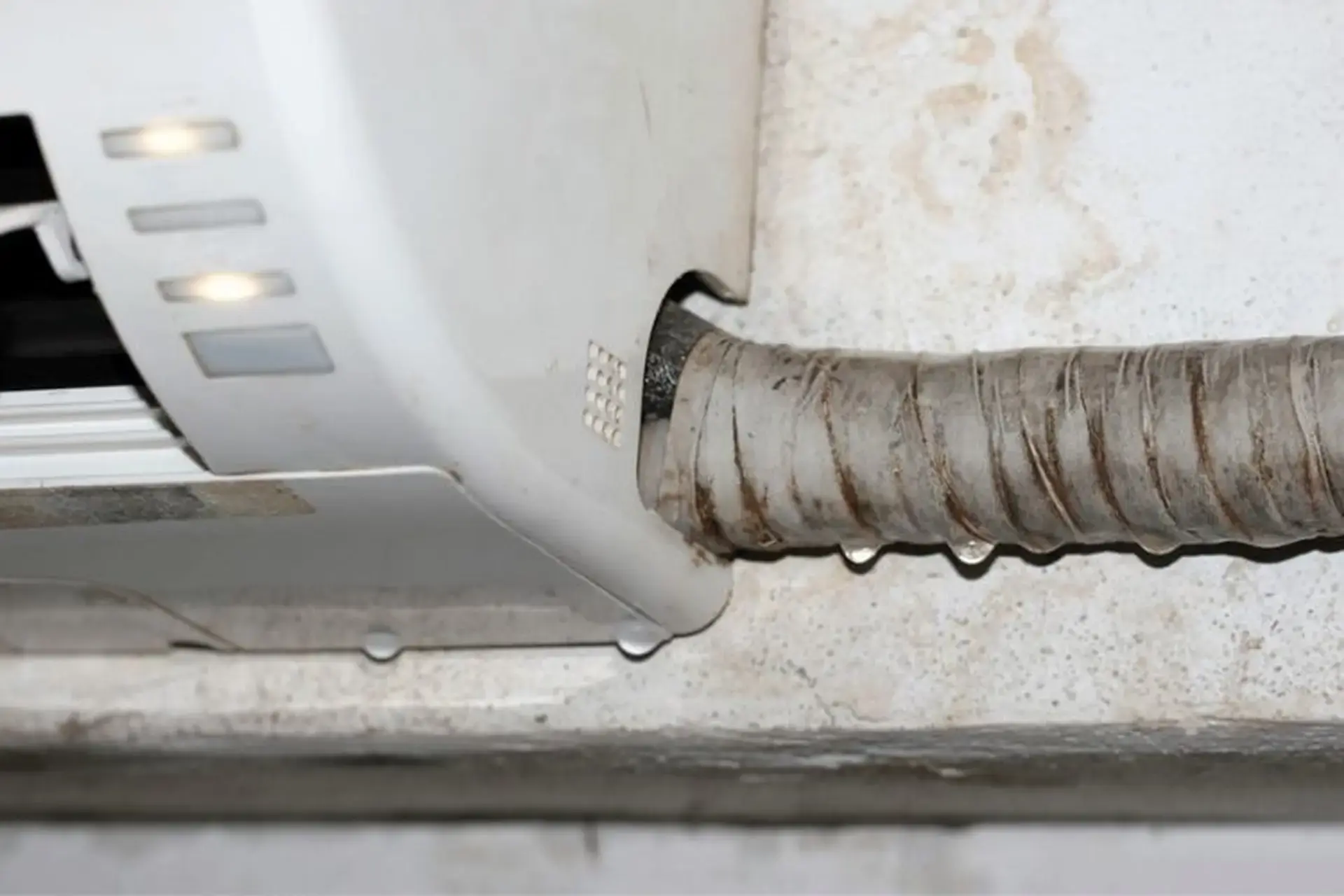
Common causes of water leaks from air conditioners and how to fix them.

Keep Ginger Fresh and Intact for a Long Time With This Simple Trick
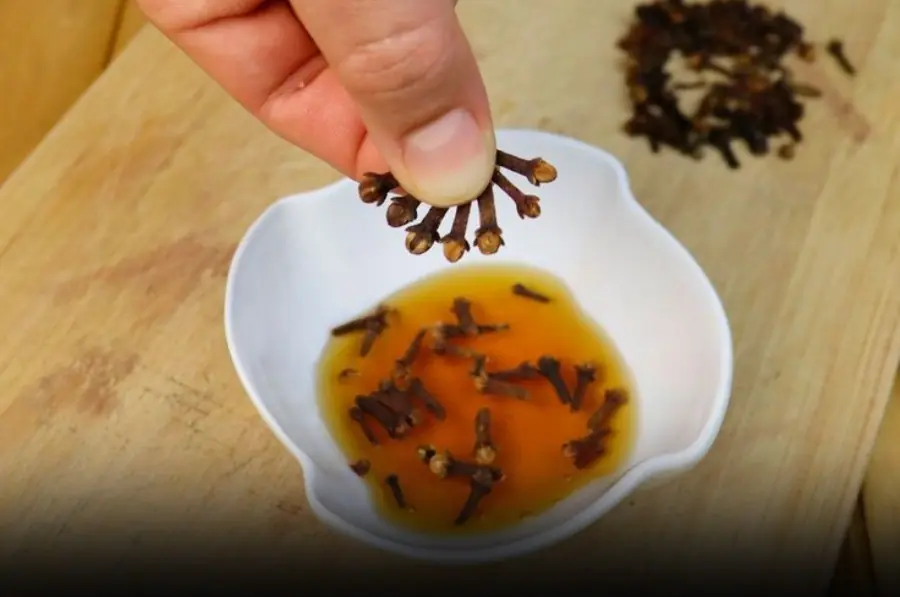
Mix cloves, honey, and cinnamon and you will thank me! This is my grandmother's secret...

Experts Warn: Never Unplug These 7 Household Devices — You Won’t Save Money, and It Could Cause Even More Harm
News Post

Why Should You Place Garlic by Your Bedside at Night? Everyone Will Want to Try It Immediately

10 Signs That Your Kid.neys Are Weakening and Need Medical Attention

Eating raw garlic every day: A natural way to support cardiovascular health and lower cholesterol

Diagnosed with stomach can.cer at 38, this man sounded the alarm

Strawberry Cream Croissant Dessert

6 plants that snakes are strongly attracted to, and 3 that naturally keep them away

What visible blue ve.ins may reveal about your health - Signs you should not ignore

Sprinkling salt in door cracks: A simple habit with surprising meaning and practical benefits
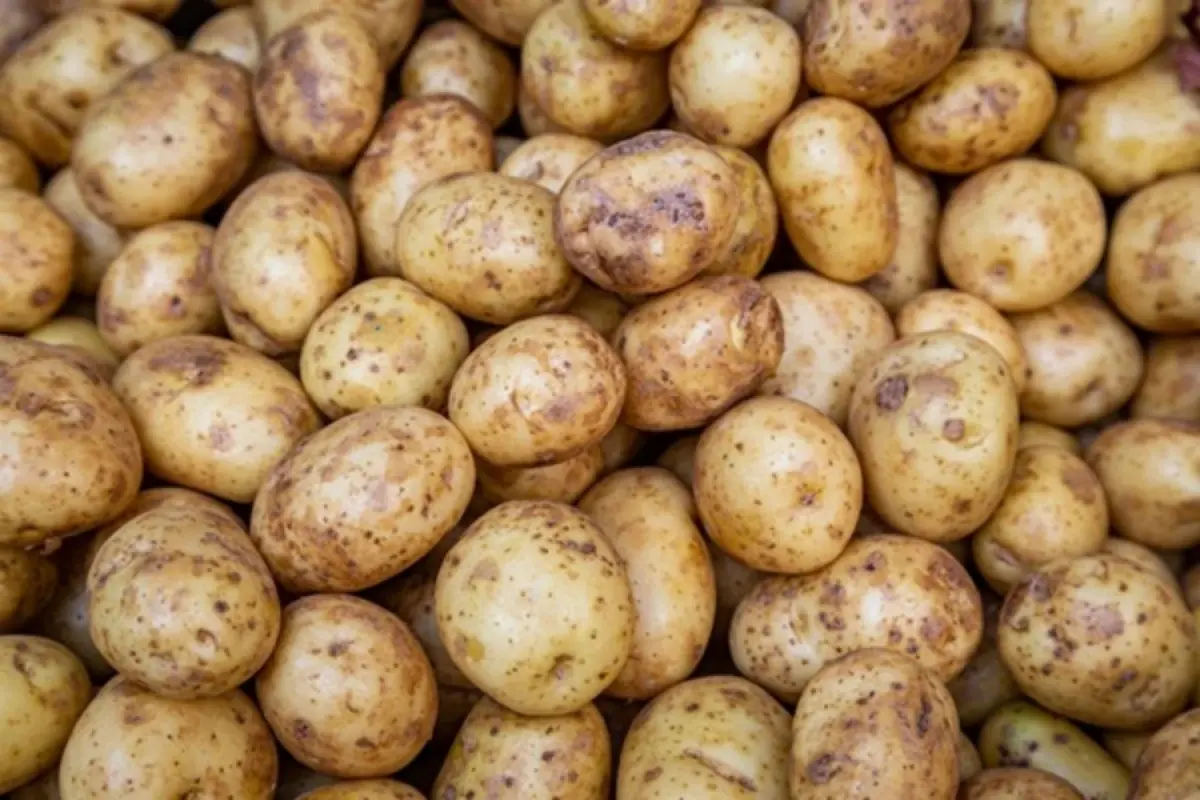
Potatoes are nutritious - But not everyone should eat them frequently

Can.cer often sends quiet signals in the morning - 3 symptoms you should never ignore
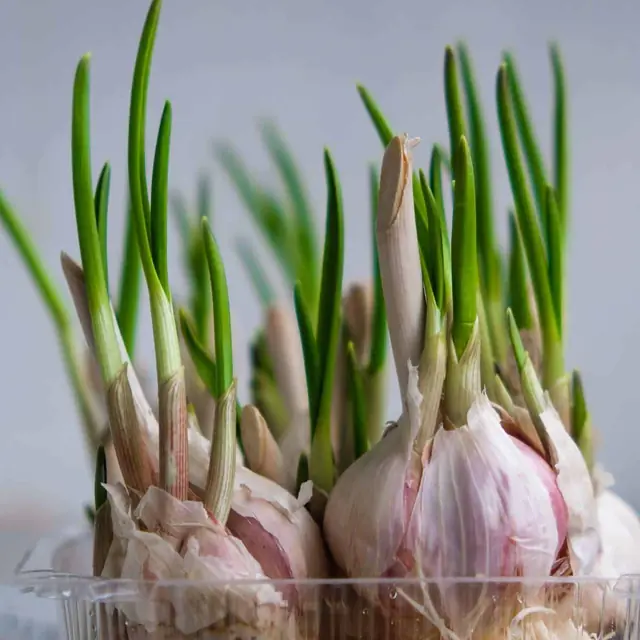
If These 4 Foods at Home Start Sprouting, Don’t Throw Them Away: They’re Not To.xic—They’re Even More Nutritious!

Never Smoked but Still Get Lu.ng Can.cer? Doctors Say the Cause Comes from One Thing Almost Everyone Is Exposed To — Especially Asian Women
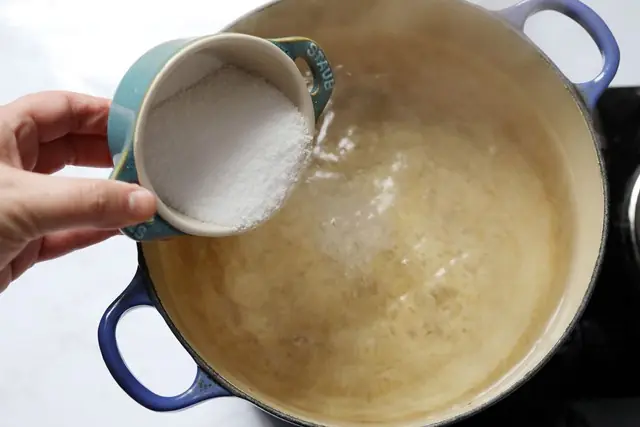
Can.cer Cells Love These 3 Flavors the Most — Many People Are Shocked to Realize They Eat Them Every Day

3 Vegetables Known as “Natural Li.ver Tonics,” Widely Sold in Local Markets

3 Selfish Habits of Husbands That Increase a Wife’s Risk of Cervical Can.cer: Stop Them Now Before They Harm the Whole Family
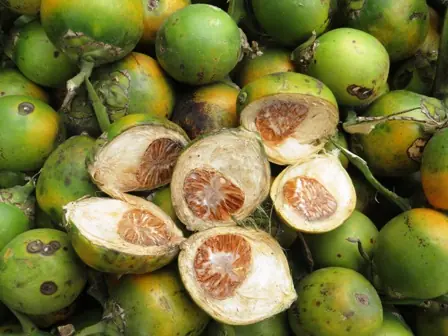
Two Fruits That Can.cer Cells “Love”: Read This to Know What to Avoid
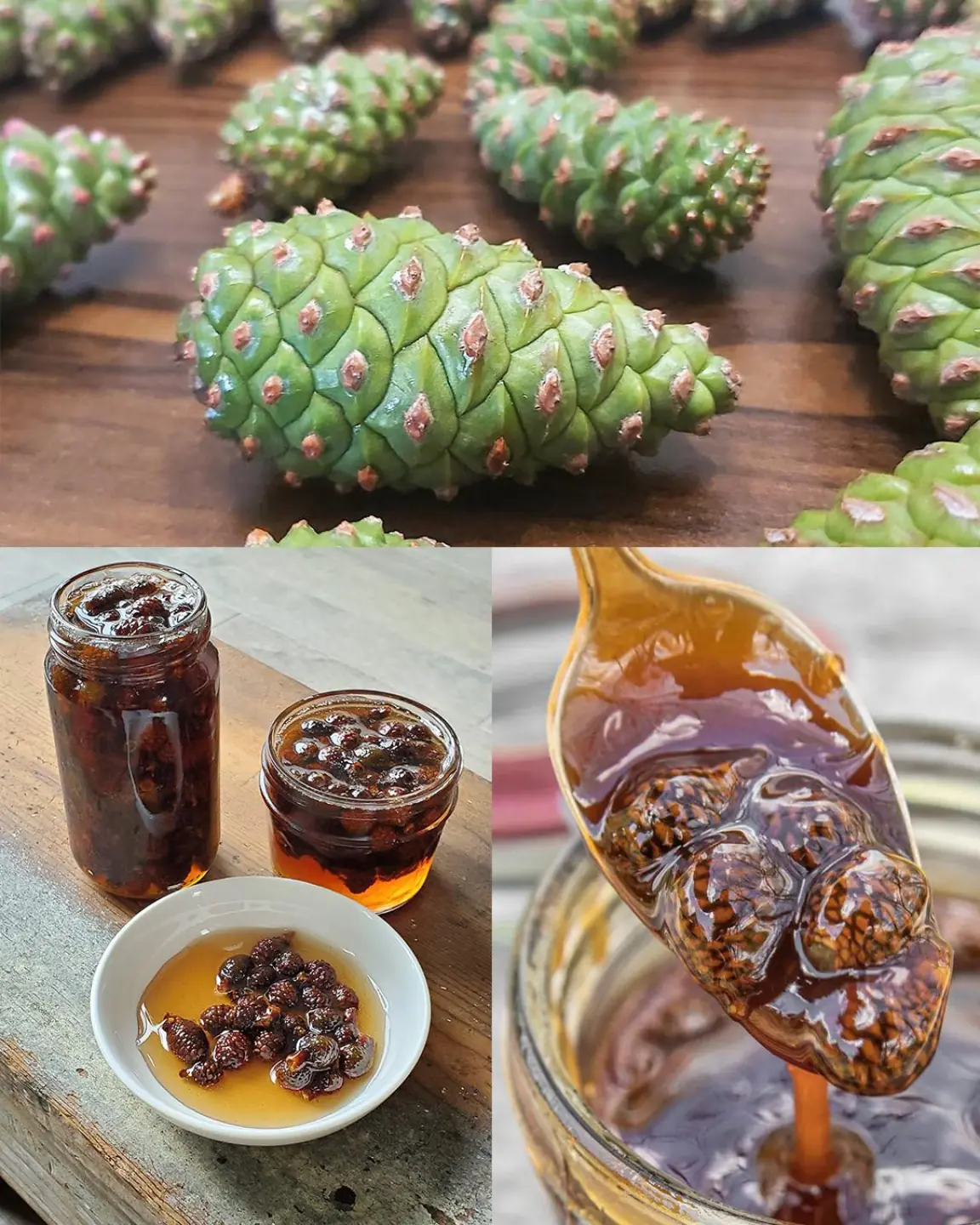
Pine Cone Syrup for Beginners: Natural Benefits, How to Make It, and Practical Uses

Doctors Warn: 2 Winter Bathing Mistakes That Increase the Risk of Headache and Stroke

Goodbye fleas, ants, and cockroaches with this home remedy
